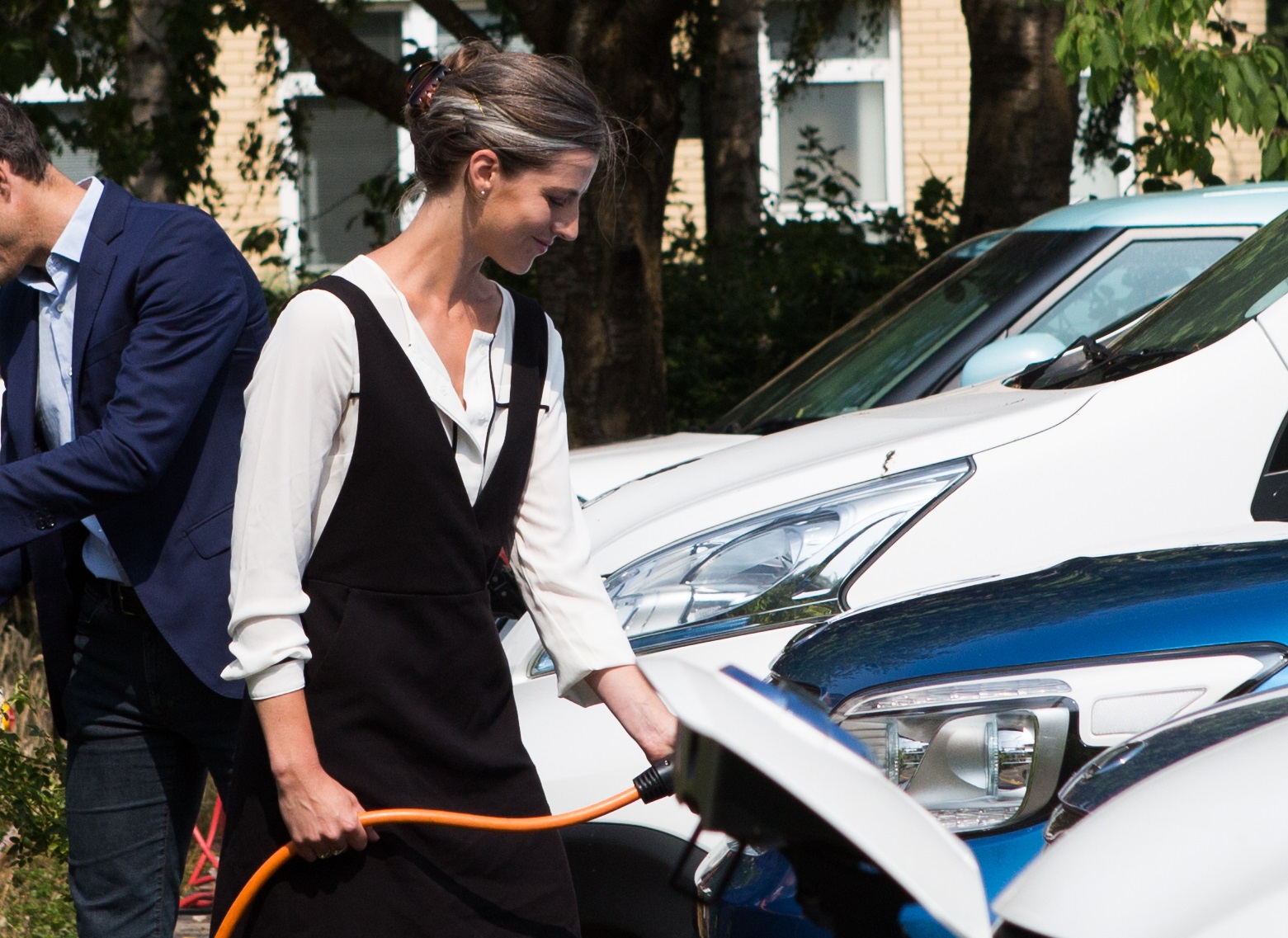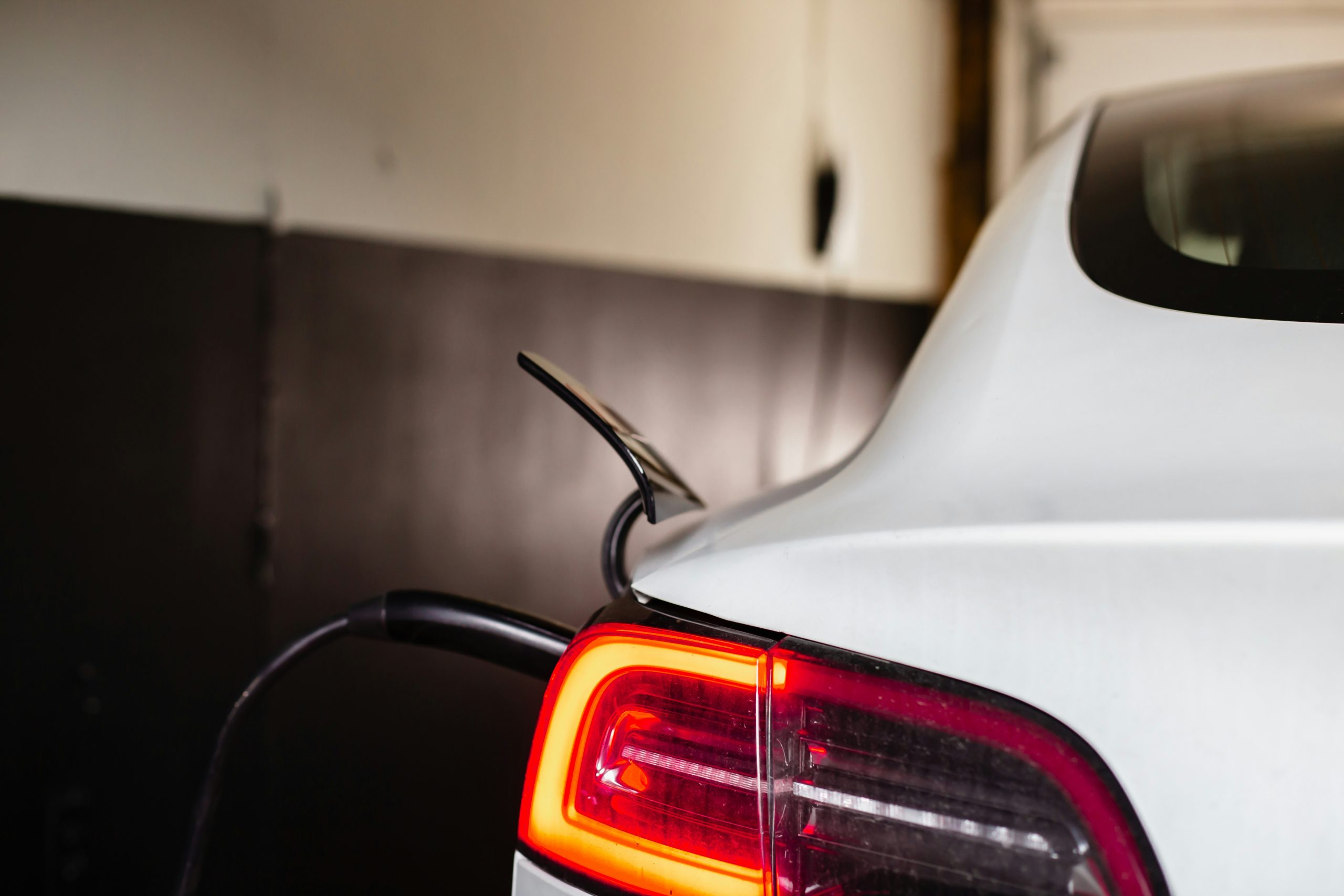Electric Vehicles
The government has set an ambitious goal to achieve net zero carbon emissions by 2050. To help reach this target, sustainable transport solutions like electric vehicles have a big part to play.
By 2030, it is forecasted that up to 35% of cars and vans in the South West will be electric vehicles (EVs), and that up to 33,600 charge points could be required across the South West. Which is why, alongside our neighbouring Sub-national Transport Body (STB) Peninsula Transport, we’re working hard to drive forward electric vehicle use across the Western Gateway region – and beyond its boundaries.
EV charging study
To help our local authorities plan for EV uptake and identify potential charge point sites, we’ve published an EV charging study with Peninsula Transport. WSP, who were commissioned for this study, drew evidence into a useful and simple tool to predict where, how many and what type of chargers will be needed.
The study takes into account the split between rural and urban demand along with seasonal changes in demand, as well as likely areas of private sector investment. It highlights the interventions needed to support continuous and new use of this low-emission mode, drawing on other themes such as parking, grid capacity, resource and rural mobility that need to be addressed.
The data in the study has been shared with local authorities to support their LEVI bids and delivery programmes by providing an indication of where charge points should be located and what types of charger should be installed.

EV Action plan
The action plan sets out our role in supporting local authorities and levering in private sector partnerships that will deliver the EV charging infrastructure required to support growth and zero emission transport in the South West.

EV forums
Along with our neighbours at Peninsula Transport, we host EV forums in person and virtually across the year. Bringing together operators, officers and stakeholders from across the region, the forum helps us to collaborate and deliver on the EV needs of the South West.
If you’d like to get an invite, drop us an email!

Future work
We’re working on the creation of an easy-to-use interactive dashboard that shows a spatial visualisation of EV uptake and charge point demand.
We’ll also continue collaborating with Peninsula Transport to set up a South West EV forum and develop a regional EV strategy and the work programme for 2025/26.